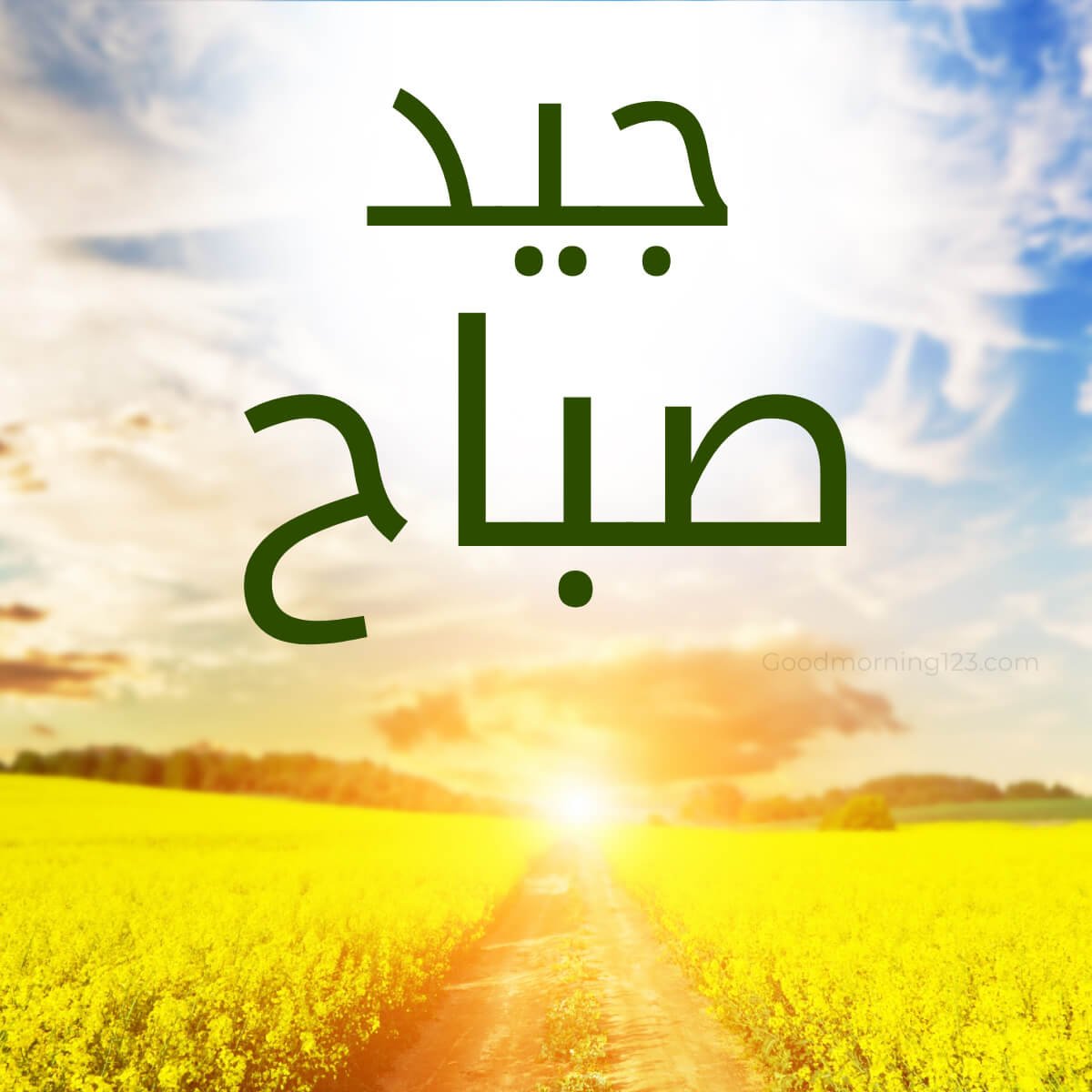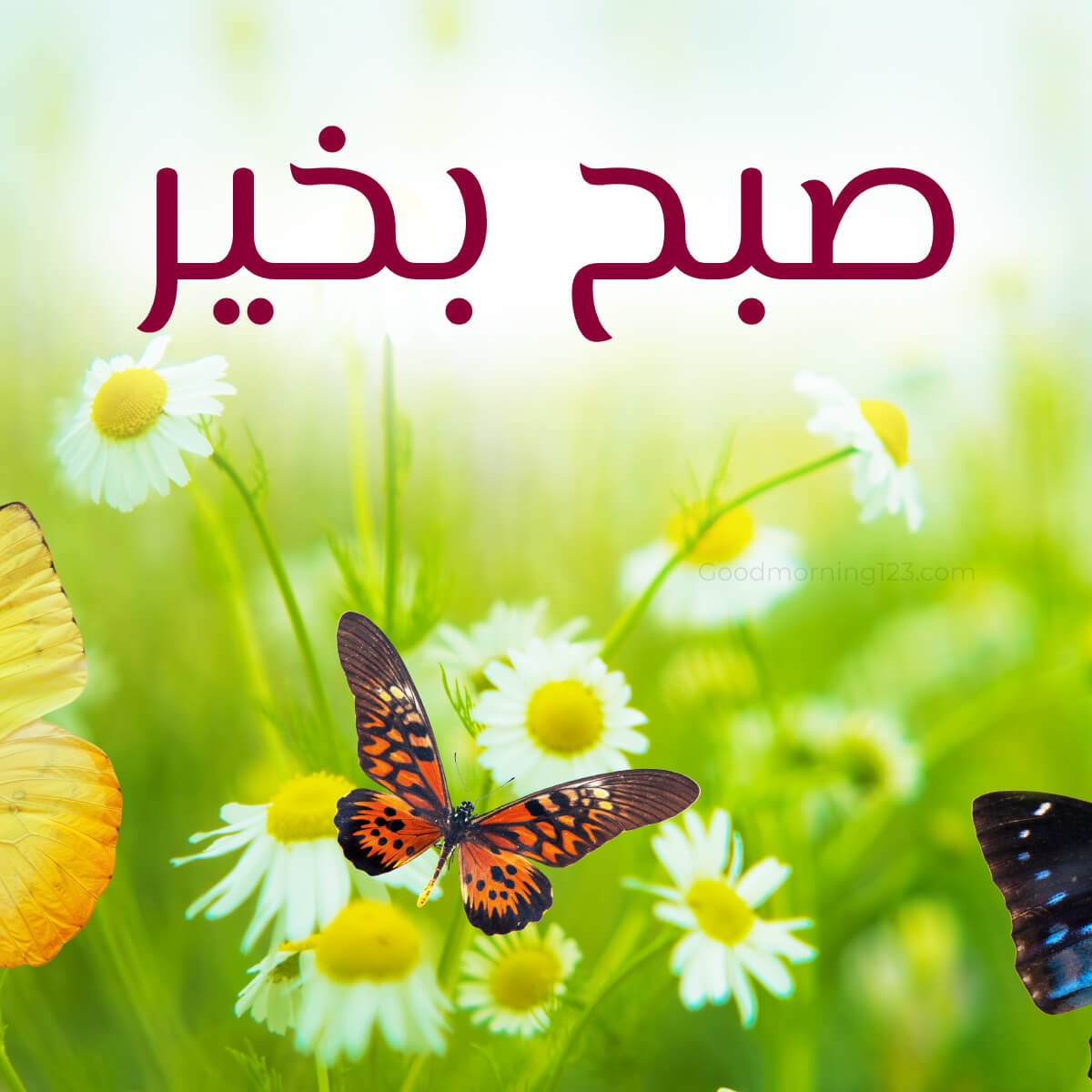
Greetings are an essential part of human interaction, reflecting cultural norms and social etiquette. Among the most common greetings is “Good morning,” a phrase used to wish someone well at the start of the day. This article explores how to say “Good morning” in 20 of the world’s most widely spoken languages, delving into the variation, cultural significance, and pronunciation tips for each.
1. Spanish: Buenos días

Download Spanish Good Morning
Pronunciation: BWEH-nohs DEE-ahs
Spanish, spoken by over 460 million people worldwide, uses “Buenos días” to greet someone in the morning. The phrase literally translates to “Good days,” reflecting the Spanish tradition of wishing multiple good days rather than just one.
Cultural Context: In Spain and many Latin American countries, it’s common to use “Buenos días” until around midday. Beyond noon, people switch to “Buenas tardes” (Good afternoon) and later “Buenas noches” (Good evening/night).
2. Mandarin Chinese: 早安 (Zǎo ān)

Download Mandarin Chinese
Pronunciation: Tsao an
Mandarin Chinese, the most spoken language globally, uses “早安” (Zǎo ān) to say good morning. This phrase combines “早” (Zǎo), meaning early or morning, and “安” (ān), meaning peace or safety.
Cultural Context: In China, morning greetings are often accompanied by inquiries about breakfast or sleep, reflecting a culture deeply rooted in familial and social bonds.
3. Hindi: सुप्रभात (Suprabhāt)

Download Hindi Good Morning
Pronunciation: so-pra-BAHT
In Hindi, spoken by over 320 million people in India, “सुप्रभात” (Suprabhāt) is used to say good morning. The term combines “सु” (su), meaning good, and “प्रभात” (prabhāt), meaning morning.
Cultural Context: Hindi greetings often reflect respect and formality, especially when addressing elders or superiors.
4. Arabic: صباح الخير (Sabāḥ al-khayr)

Download Arabic Good Morning
Pronunciation: sa-BAH al-khayr
Arabic, with over 310 million speakers, uses “صباح الخير” (Sabāḥ al-khayr) for good morning. This phrase means “morning of goodness.”
Cultural Context: The response to “Sabāḥ al-khayr” is usually “صباح النور” (Sabāḥ an-nūr), meaning “morning of light,” reflecting the poetic nature of Arabic greetings.
5. Portuguese: Bom dia

Download Portuguese Good Morning
Pronunciation: BOM DEE-ah
Portuguese, spoken by around 220 million people, uses “Bom dia” to say good morning. The phrase is straightforward, translating directly to “Good day.”
Cultural Context: In Portugal and Brazil, “Bom dia” is commonly used until lunchtime, after which “Boa ta rde” (Good afternoon) and “Boa noite” (Good evening) take over.
6. Bengali: সুপ্রভাত (Suprabhāt)

Download Bengali Good Morning
Pronunciation: soo-pra-BAHT
Bengali, spoken by approximately 230 million people primarily in Bangladesh and India, also uses “সুপ্রভাত” (Suprabhāt) to greet someone in the morning, similar to Hindi.
Cultural Context: Bengali culture places a high value on respectful and warm greetings, reflecting the community-oriented nature of its society.
7. Russian: Доброе утро (Dobroye utro)

Download Russian Good Morning
Pronunciation: DOH-bro-ye OO-tra
In Russian, spoken by around 150 million people, “Доброе утро” (Dobroye utro) is the morning greeting. It combines “Доброе” (Dobroye), meaning good, and “утро” (utro), meaning morning.
Cultural Context: Russian greetings often include a firm handshake and direct eye contact, reflecting the culture’s emphasis on sincerity and respect.
8. Japanese: おはようございます (Ohayō gozaimasu)

Download Japanese Good Morning
Pronunciation: o-ha-YOH go-zai-mahs
Japanese, with over 125 million speakers, uses “おはようございます” (Ohayō gozaimasu) for good morning. “おはよう” (Ohayō) is informal、 and “ございます” (gozaimasu) adds politeness.
Cultural Context: Politeness is paramount in Japanese culture, and the formality of the greeting often depends on the social status of the individuals involved.
9. Punjabi: ਸਤ ਸ੍ਰੀ ਅਕਾਲ (Sat Srī Akāl)

Download Punjabi Good Morning
Pronunciation: SAT SREE a-KAAL
Punjabi, spoken by over 100 million people in India and Pakistan, uses “ਸਤ ਸ੍ਰੀ ਅਕਾਲ” (Sat Srī Akāl) as a greeting. While it means “God is the eternal truth,” it’s used universally for good morning among Sikhs.
Cultural Context: This greeting carries spiritual significance and is a reminder of the divine, reflecting the deep religious roots in Punjabi culture.
10. German: Guten Morgen

Download German Good Morning
Pronunciation: GOO-ten MOR-gen
German, spoken by over 90 million people, uses “Guten Morgen” for good morning. The phrase translates directly, with “Guten” meaning good and “Morgen” meaning morning.
Cultural Context: In Germany, punctuality and formality are valued, and greetings are an essential part of social etiquette.
11. French: Bonjour

Download French Good Morning
Pronunciation: bon-ZHOOR
French, with around 77 million native speakers, uses “Bonjour” to greet someone in the morning. The phrase means “Good day,” suitable for use until the evening.
Cultural Context: French culture places a high value on politeness and formality, especially in greetings, often accompanied by a kiss on each cheek among friends and family.
12. Korean: 안녕하세요 (Annyeong haseyo)

Download Korean Good Morning
Pronunciation: an-NYAWNG ha-se-YO
Korean, spoken by about 77 million people, uses “안녕하세요” (Annyeong haseyo) for good morning. This phrase is a general polite greeting, suitable for any time of day.
Cultural Context: Respect for hierarchy is deeply embedded in Korean culture, and greetings are often accompanied by a bow.
13. Italian: Buongiorno

Download Italian Good Morning
Pronunciation: bwon-JOR-noh
Italian, spoken by over 67 million people, uses “Buongiorno” for good morning. The phrase combines “buon,” meaning good, and “giorno,” meaning day.
Cultural Context: Italians are known for their expressive and warm greetings, often accompanied by gestures and intonation.
14. Turkish: Günaydın

Download Turkish Good Morning
Pronunciation: GYOO-nahy-duhn
Turkish, spoken by over 75 million people, uses “Günaydın” to say good morning. The phrase directly translates to “Good day.”
Cultural Context: Turkish greetings often reflect warmth and hospitality, a significant part of Turkish culture.
15. Vietnamese: Chào buổi sáng

Download Vietnamese Good Morning
Pronunciation: chow BOO-ee sahng
Vietnamese, spoken by over 76 million people, uses “Chào buổi sáng” for good morning. “Chào” means hello, and “buổi sáng” means morning.
Cultural Context: Vietnamese culture values politeness and respect, especially towards elders and superiors, and greetings are an important aspect of social interaction.
16. Tamil: காலை வணக்கம் (Kālai vaṇakkam)

Download Tamil Good Morning
Pronunciation: KAA-lai va-NAK-kam
Tamil, spoken by around 75 million people in India, Sri Lanka, and Malaysia, uses “காலை வணக்கம்” (Kālai vaṇakkam) to say good morning. “காலை” (Kālai) means morning, and “வணக்கம்” (vaṇakkam) means greetings.
Cultural Context: Tamil greetings are deeply respectful, often reflecting the culture’s emphasis on tradition and formality.
17. Persian (Farsi): صبح بخیر (Sobh bekheir)

Download Persian Good Morning
Pronunciation: sohb-be-KHEIR
Persian, spoken by over 80 million people primarily in Iran, Afghanistan, and Tajikistan, uses “صبح بخیر” (Sobh bekheir) for good morning. The phrase combines “صبح” (sobh), meaning morning, and “بخیر” (bekheir), meaning good.
Cultural Context: Persian greetings are often elaborate and polite, reflecting the culture’s appreciation for formality and respect.
18. Swahili: Habari za asubuhi

Download Swahili Good Morning
Pronunciation: ha-BAH-ree za a-soo-BOO-hee
Swahili, spoken by over 16 million people in East Africa, uses “Habari za asubuhi” to say good morning. The phrase means “What’s the news of the morning?”
Cultural Context: Swahili greetings are conversational and often inquire about the well-being of the other person, reflecting the community-oriented nature of Swahili-speaking cultures.
19. Javanese: Sugeng enjang

Download Javanese Good Morning
Pronunciation: soo-GENG en-JANG
Javanese, spoken by about 82 million people primarily in Indonesia, uses “Sugeng enjang” for good morning. The phrase reflects the unique linguistic and cultural traditions of the Javanese people.
Cultural Context: Javanese culture emphasises respect and politeness, with specific greetings often varying depending on the social status and relationship between individuals.
20. Filipino (Tagalog): Magandang umaga

Download Filipino Good Morning
Pronunciation: ma-GAN-dang oo-MA-ga
Filipino, spoken by over 28 million people in the Philippines, uses “Magandang umaga” to say good morning. The phrase combines “maganda,” meaning beautiful or good, and “umaga,” meaning morning.
Cultural Context: Filipino culture is known for its warmth and hospitality, and greetings are often accompanied by a smile and a friendly demeanour.
Conclusion
Greetings are a fundamental part of human interaction, and learning how to say “Good morning” in various languages can be a bridge to understanding and appreciating different cultures. Each greeting carries its own cultural significance and nuances, reflecting the values and traditions of the people who speak the language. Whether you are a traveller, a language enthusiast, or someone looking to connect with diverse communities, mastering these morning greetings can enrich your interactions and open doors to new experiences.
Understanding how to say “Good morning” in these 20 languages not only broadens your linguistic skills but also deepens your appreciation of the world’s rich cultural tapestry. So next time you greet someone in the morning, consider using one of these phrases to bring a smile and start a meaningful conversation.
Other Blogs
- How to Respond to a Good Morning Text?
- How To Say Good Morning In Sign Language?
- How To Download An Image?
- How to Share an Image on WhatsApp?
- How To Share An Image On Facebook?
- How To Share An Image On Instagram?
- How to copy/paste an image from website to Whatsapp?
- How to Say Good Morning in Top 20 Languages?
